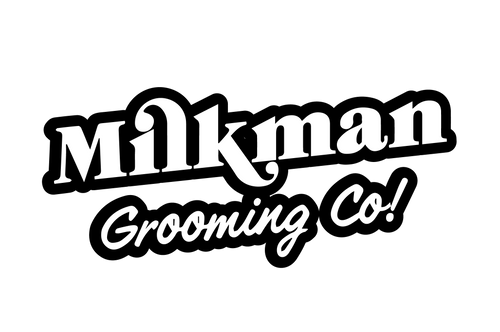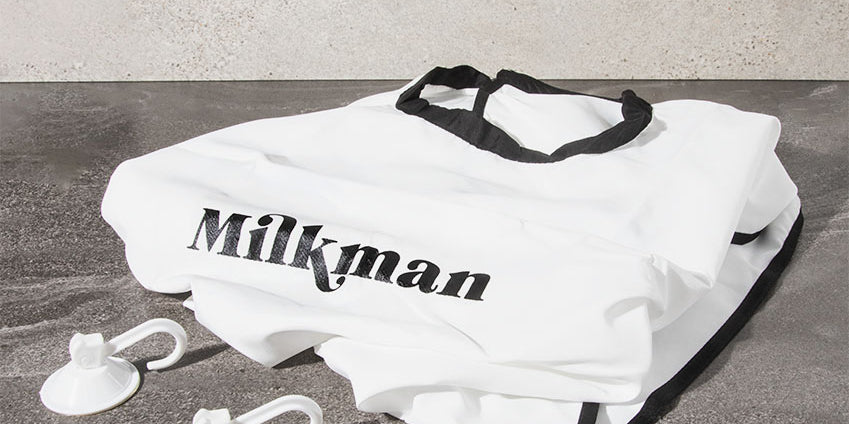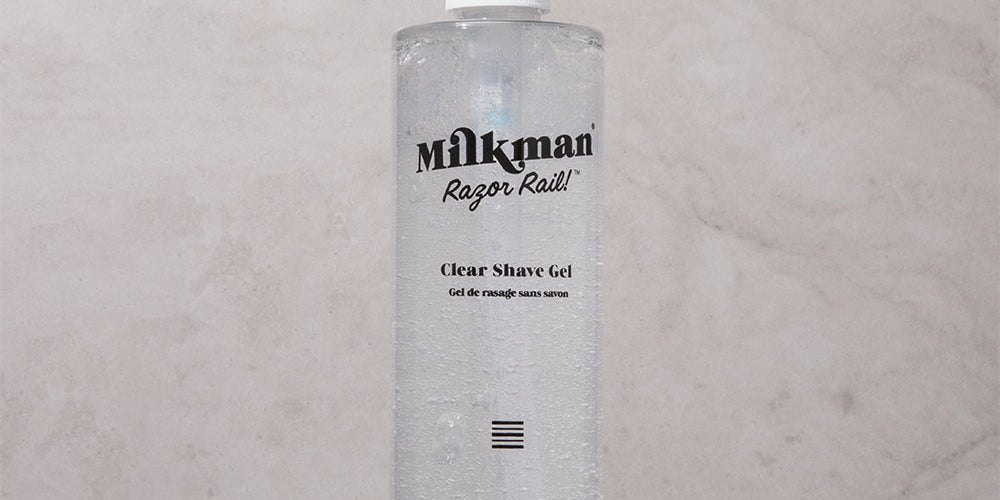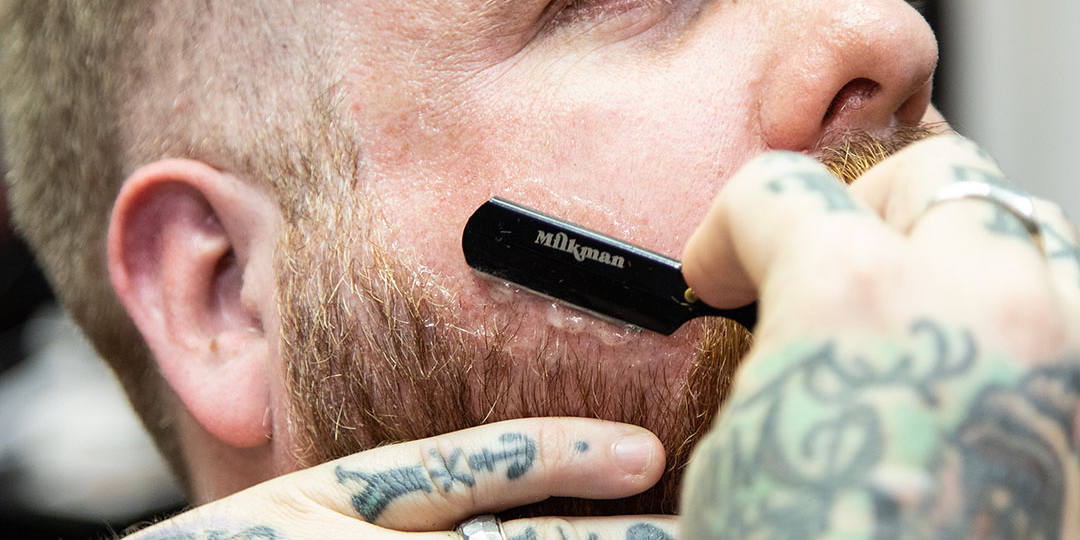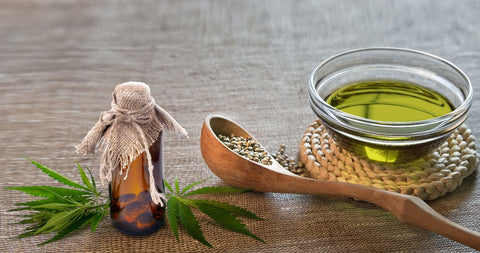
You may have seen in the news recently about the commencement of research into cannabis and its medical benefits. The cannabis plant (Cannabis sativa) has two active components, namely THC (tetrahydrocannabinol) and CBD (cannabidiol), which are apparently able to help treat neurological problems, anorexia, nausea, vomiting and other diseases. These active components are predominantly found in the flower of the plant.
However, there is another part that has been cultivated for years and has been used widely in industry, cosmetics and nutrition. That part is the seed, which is used to produce hemp seed oil. Hemp seed oil is close to our hearts here at Milkman Grooming Co because we use it in our beard oil and beard balm formulations. Hemp is also a fast growing crop that is considered to be a sustainable agricultural solution that can act as a carbon sink, source of textiles, food stuff & source of cosmetic & industrial ingredients.
Hemp seed oil contains pretty much no THC and therefore is freely available to be used to the wider public. During the manufacturing process, the hemp seeds are cleaned until there is no THC present. However, what remains are the high nutritional values and beneficial properties that can be exploited for human use.
Before the cultivation of Cannabis species was prohibited, the hemp plant was commonly used in the industry to produce durable fabrics, food and medicine, especially in China for about 3000 years (Callaway, 2004). Although hemp seed hasn’t made its mark in the mass market of the Western world, it is heavily available to the general public in Asia and Eastern Europe, as they strongly recognise the nutritional benefits of the plant (Callaway, 2004).
ESSENTIAL FATTY ACIDS
What makes hempseed a superfood is the presence of unsaturated and essential fatty acids that makes up 90% of the oil. These essential fatty acids include omega 6 and omega 3, which are basically types of linoleic acids. Linoleic acids are considered great for your health because of their anti-inflammatory and antioxidant properties. Hemp seed has a great balance between these fatty acids, meaning that it is an optimal source of nutrition, and is great for metabolism (Callaway, 2004). Unsaturated fats have also been shown to reduce heart disease by improving cholesterol levels.
ANTI-INFLAMMATORY AND ANTIOXIDANT FOR SKIN AND HAIR
These fatty acids are also great for the skin. They are able to nourish and moisturise. Callaway (2004) reports of instances where hemp seed oil was able to heal many skin conditions as well as cuts and burns. The study suggests that it is the unique profile of fatty acids in the oil which contributes to this healing process. Its antioxidant properties may also help fight the signs of aging by removing free radicals produced in the skin, which can cause wrinkles.
Essential fatty acids are fantastic for your beard and hair and there is some evidence that a deficiency in them can cause numerous skin & hair issues which are reversed once levels begin to approach the normal range. A study by Skolnik et al (1977) showed that treatment with topical application of linoleic acid in a person with essential fatty acid deficiency was able to reverse signs of dandruff, alopecia (hair loss) and depigmentation (loss of colour) in hair.
GREAT SOURCE OF PROTEIN
Lastly, hemp seed has a very high protein content, including the amino acid lysine. Actually, hemp protein can be used as a great meal replacement due to its appreciable amount of carbohydrates and fiber (unlike traditional whey protein). This is good news for vegans because hemp seed protein can make a great organic vegan protein shake!
There is no doubt that hemp seed oil is an amazing product. If only it was more widely available, everyone would be enjoying the remarkable benefits of it. We are huge fans of it here at Milkman.
References
Callaway JC. 2004. Hempseed as a nutritional resource: An overview. Euphytica 140: 65-72
Khanal RC. 2004. Potential Health Benefits of Conjugated Linoleic Acid (CLA): A Review. Journal of Animal Science 17(9): 1315-1328
Skolnik P, Eaglstein WH, Ziboh VA. 1977. Human Essential Fatty Acid Deficiency Treatment by Topical Application of Linoleic Acid. Archives of Dermatology 113(7):939-941
Image from: https://sensiseeds.com/blog/wp-content/uploads/2016/01/difference-between-hemp-seed-oil-and-CBD-oil.jpg

